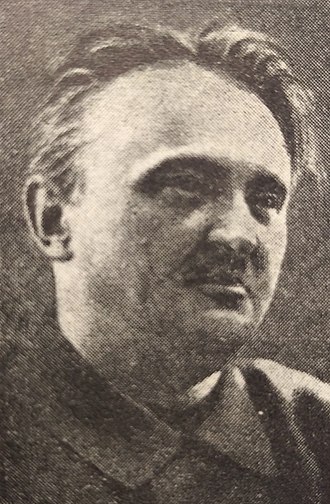Moor Last Name Origin, History, and Meaning
Where did the surname Moor come from? What does the surname Moor mean? Discover the history and meaning of the last name Moor and family migration on YourRoots Map.
Surname Moor Origin: What does the last name Moor mean?
The surname Moor has roots in England, with records dating back to the early 14th century. It is believed to have originated from England, indicating a close association with the country from the 14th to the 18th centuries. Over time, the Moor surname spread globally, with significant records found in the United States, highlighting its presence in different parts of the world.
YourRoots data confirms the historical presence of the Moor surname in England and its subsequent spread to countries like the United States. The surname Moor has continued to be prominent, especially in the United States and the United Kingdom, showcasing its enduring legacy and widespread use in various regions worldwide.
Moor Last Name History: Where did the last name Moor come from?
Origin of Moor Surname: Where does the last name Moor originate from?
According to YourRoots data, the surname Moor first appeared in records from England around the early 14th century. Please note that this reflects only YourRoots data for the exact Moor spelling and does not include other record sources or surname variations.
History of the Last Name Moor: What does the Moor surname history look like in the early days?
The Moor surname remained closely associated with England from the 14th to the 18th centuries. YourRoots data also shows Moor family records in countries like the United States, indicating global spread over the centuries.
Global Spread: Where can we find the Moor surname today?
By the 20th century, the volume of records with the Moor surname grew significantly in the United States. The Moor surname remains prominent in the United States and the United Kingdom.
Explore Moor last name heritage and Moor surname origin based on YourRoots Map data
 VIEW THE ORIGIN OF SURNAME MOOR
VIEW THE ORIGIN OF SURNAME MOORFamous People With Moor Surame?

Bodmin Moor
Bodmin Moor (Goon Brenn) is a historic granite moorland in Cornwall, England, known for its Neolithic monuments, Bronze Age culture, and medieval livestock rearing. It includes the iconic Brown Willy and Rough Tor peaks, with rivers sourced from its land. The moor is a haven for wildlife, designated as an Area of Outstanding Natural Beauty and an Important Bird Area. With dramatic granite tors and marshy areas, Bodmin Moor is a unique landscape steeped in ancient history and natural beauty.

Drew Moor
Drew Moor (born Jan 15, 1984) is a retired American professional soccer player known for his time in Major League Soccer. Moor played as a center-back for teams like FC Dallas, Colorado Rapids, and Toronto FC, winning titles like the MLS Cup and the Supporters' Shield. He also represented the United States national team. Moor's solid defensive skills and leadership on the field made him a respected figure in American soccer.

David Moor
John David Moor (1947 – 14 Oct 2000) was a British general practitioner known for his controversial involvement in euthanasia. Moor made headlines for assisting in the deaths of up to 300 patients, earning him the nickname "Doctor Death." Despite being found not guilty in his trial, the stress took a toll on his health, leading to personal struggles. His case sparked debates on euthanasia laws in the UK, with some supporting his actions while others condemned them. Moor's legacy remains a topic of discussion in the medical and ethical realms.

Dmitry Moor
Dmitry Stakhievich Orlov (November 3, 1883 – October 24, 1946) was a Russian artist known as D. Moor, famous for his propaganda posters. He took the pseudonym "Moor" from Friedrich Schiller's play The Robbers. Moor was the chief artist for the Bezbozhnik ("The godless") magazine, and he contributed significantly to Soviet poster art. His work is celebrated for its powerful imagery and influence in shaping public opinion during his time.

James H. Moor
James Haller Moor (1942 – September 11, 2024) was an American ethicist and moral philosopher known for his pioneering work in computer ethics. He held the title of Daniel P. Stone Professor of Intellectual and Moral Philosophy at Dartmouth College, where he spent most of his career. Moor's research covered philosophy of artificial intelligence, philosophy of mind, and logic, and he critiqued Asimov's Three Laws of Robotics. He received several awards for his contributions, including the SIGCAS Making a Difference Award and the Future of Life Award. Moor's publications include "What Is Computer Ethics?" and "The Nature, Importance, and Difficulty of Machine Ethics."
All images displayed on this page are sourced from Wikipedia or Wikimedia Commons.We use these images under their respective Creative Commons or public domain licenses. Wherever applicable, author attributions and license information are provided. If you believe an image is used incorrectly or outside its license terms, please contact us so that we can review and correct the issue.




.png)